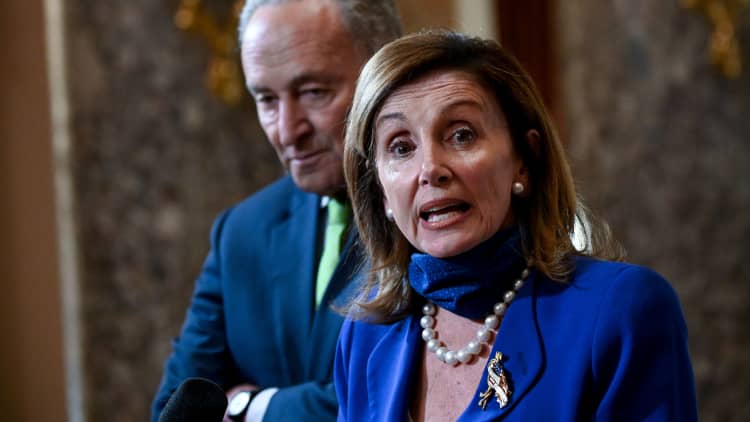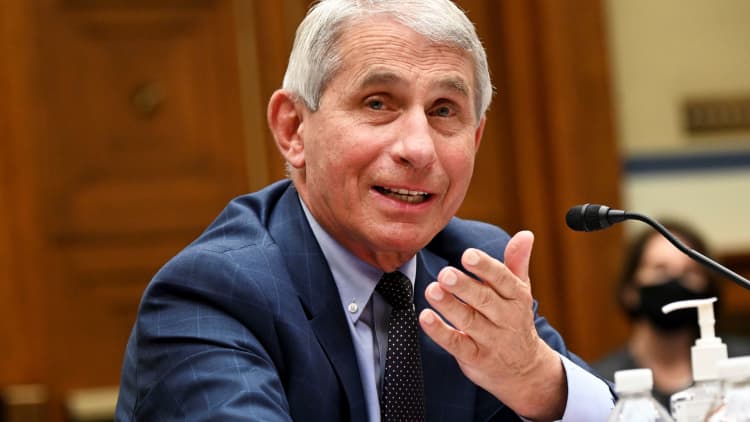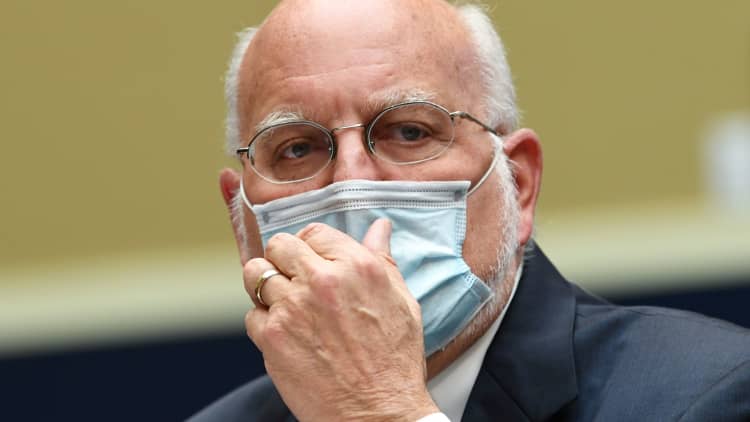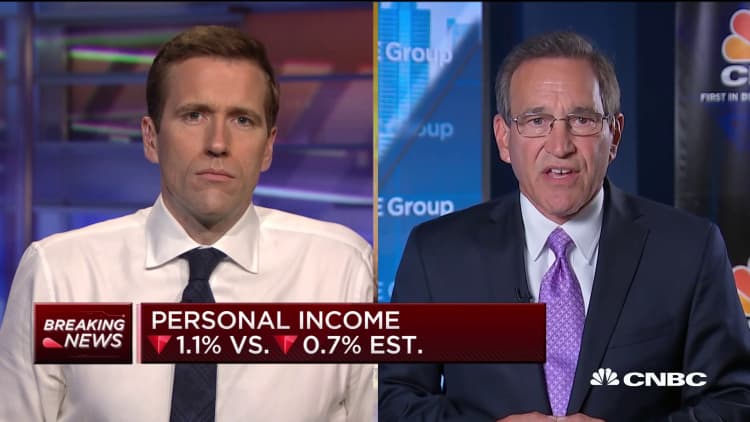A coronavirus relief agreement in Congress remained in doubt, just as extended unemployment benefits are ending and new economic data showed a U.S. economy buckling under the pandemic's weight. The Commerce Department said gross domestic product from April to June plunged 32.9% on an annualized basis, the biggest quarterly plunge in activity ever. The Centers for Disease Control and Prevention Director Dr. Robert Redfield warned Congress of "significant public health consequences" if schools don't reopen in the fall.
Here are some of today's biggest developments:
- Congress deadlocked on relief
- Fauci warns virus won't just disappear
- CDC says school closings have health consequences
- Sanofi, GSK nab $2.1 billion in vaccine deal
- Three bellwethers post weak quarters as virus saps demand
- Merck aims to start 'large pivotal' studies on treatment in September
- Pandemic helped to boost Apple's iPad and Mac sales
The following data was compiled by Johns Hopkins University:
- Global cases: More than 17.5 million
- Global deaths: At least 679,439
- U.S. cases: More than 4.5 million
- U.S. deaths: At least 153,314






